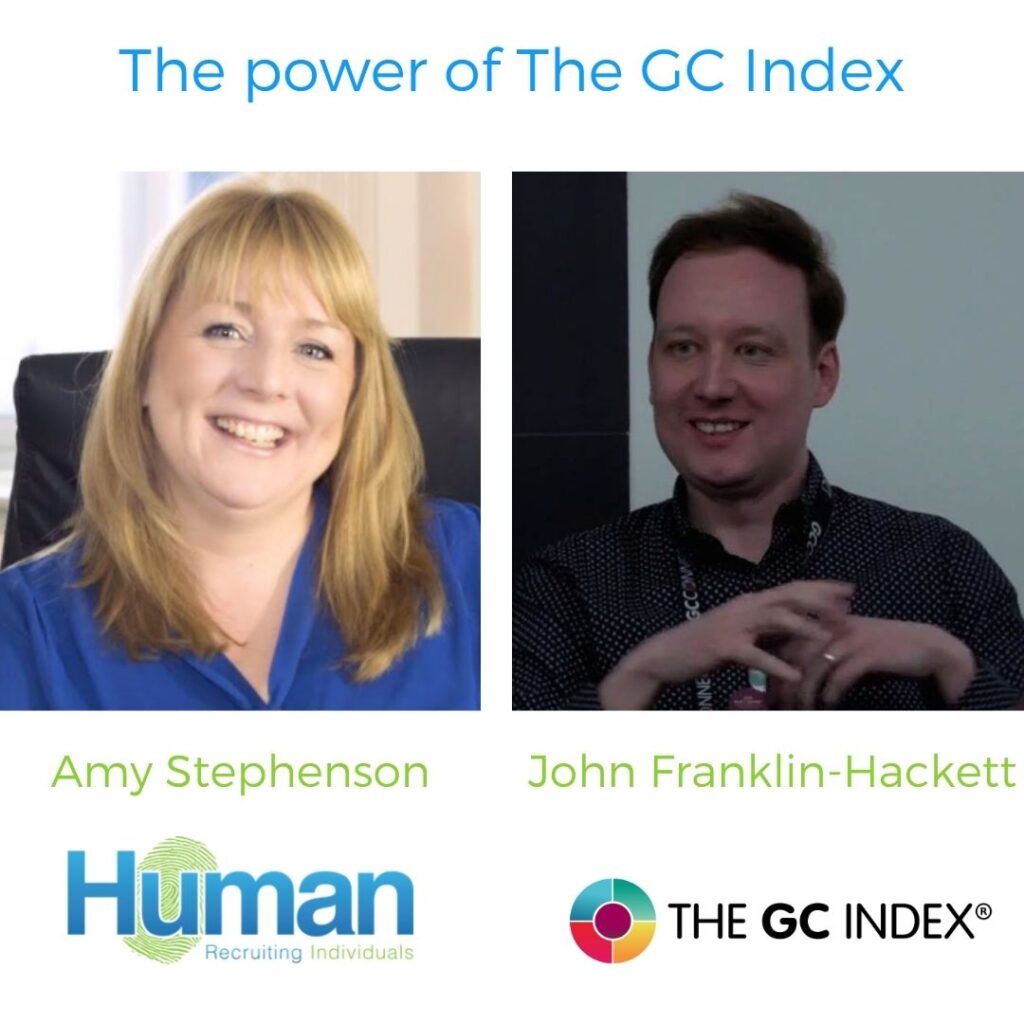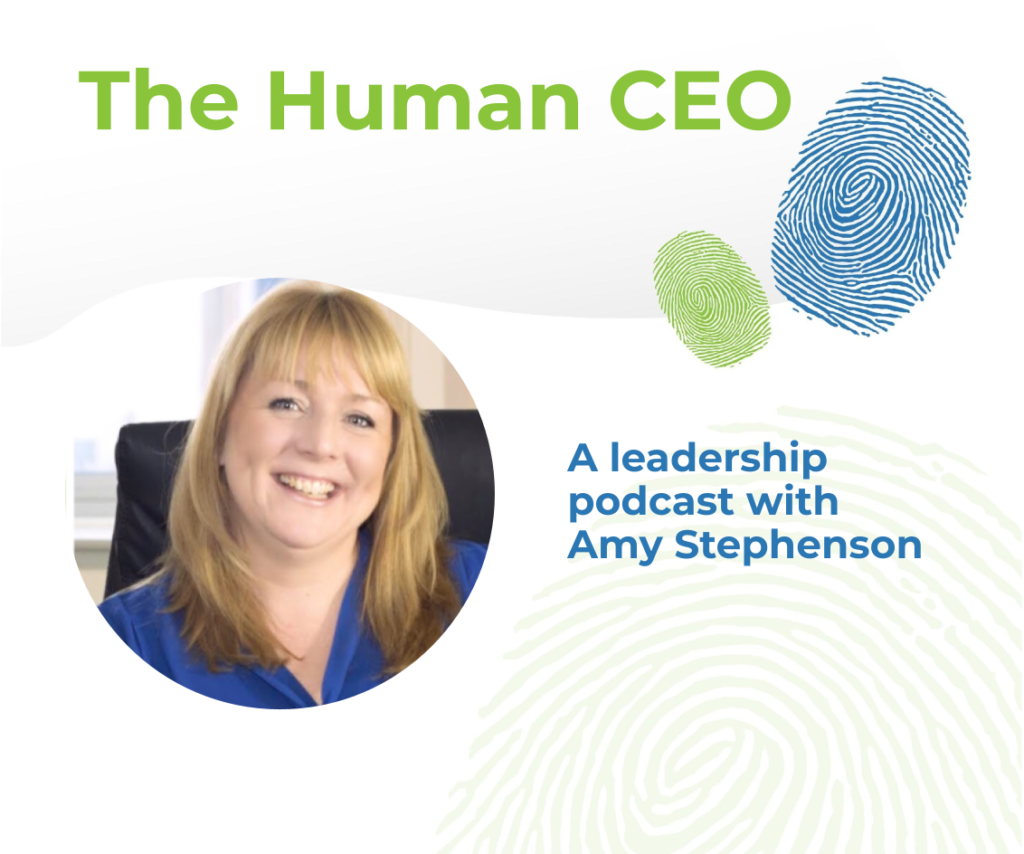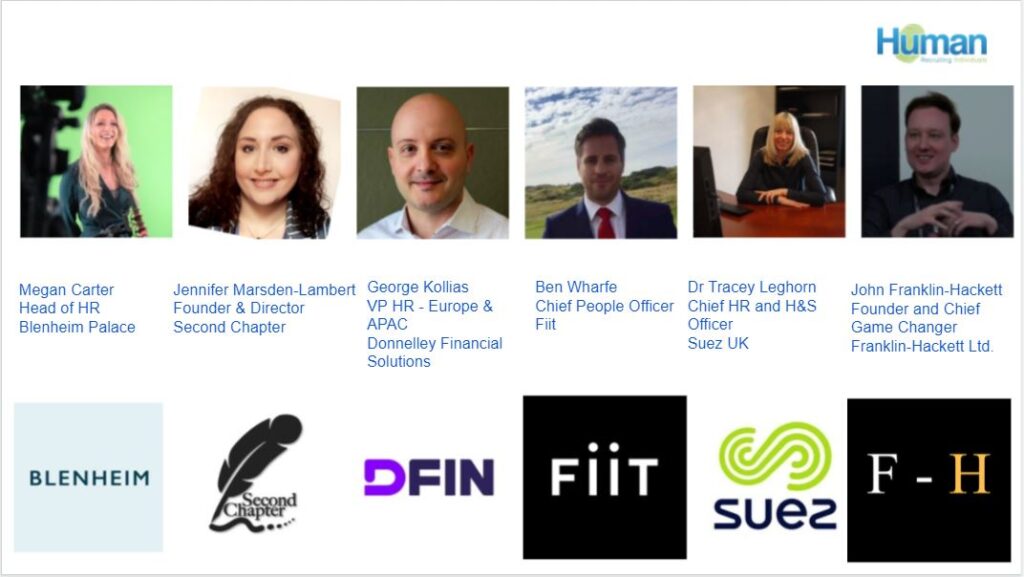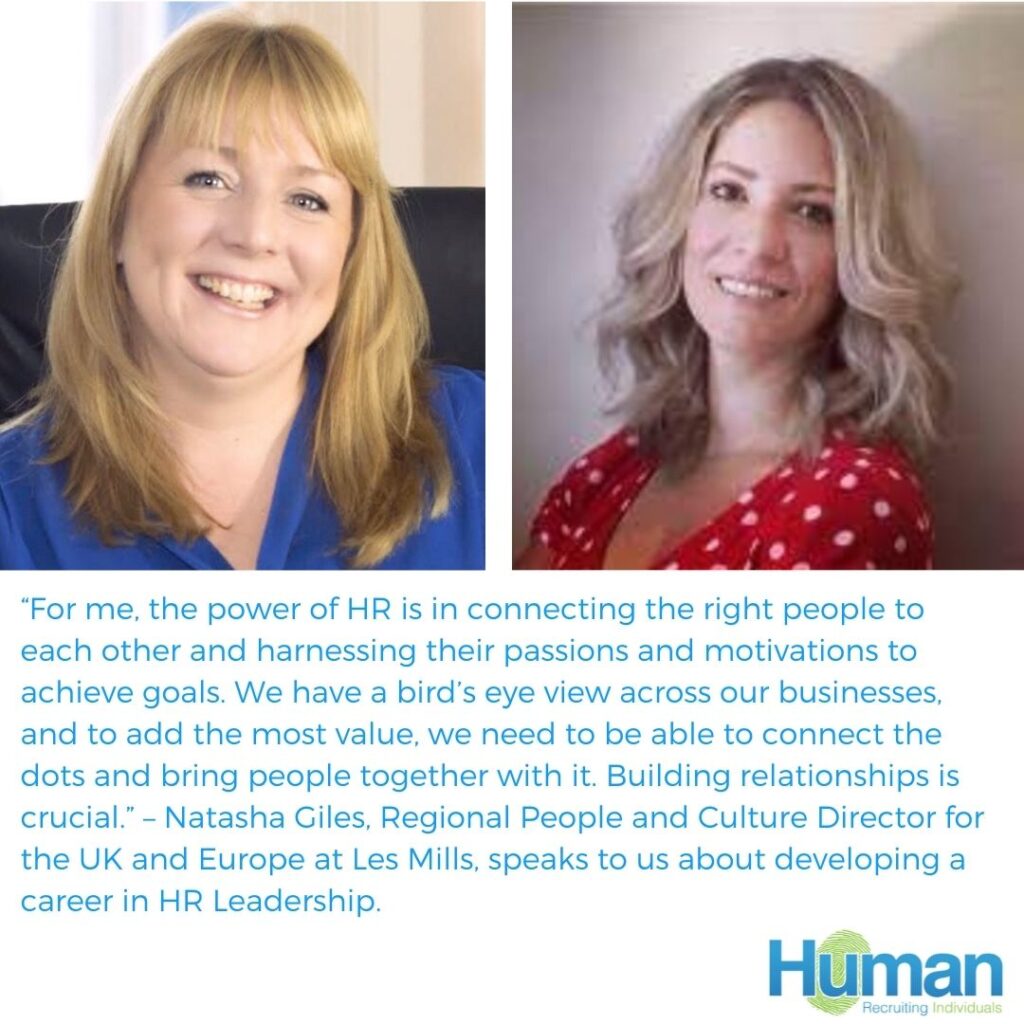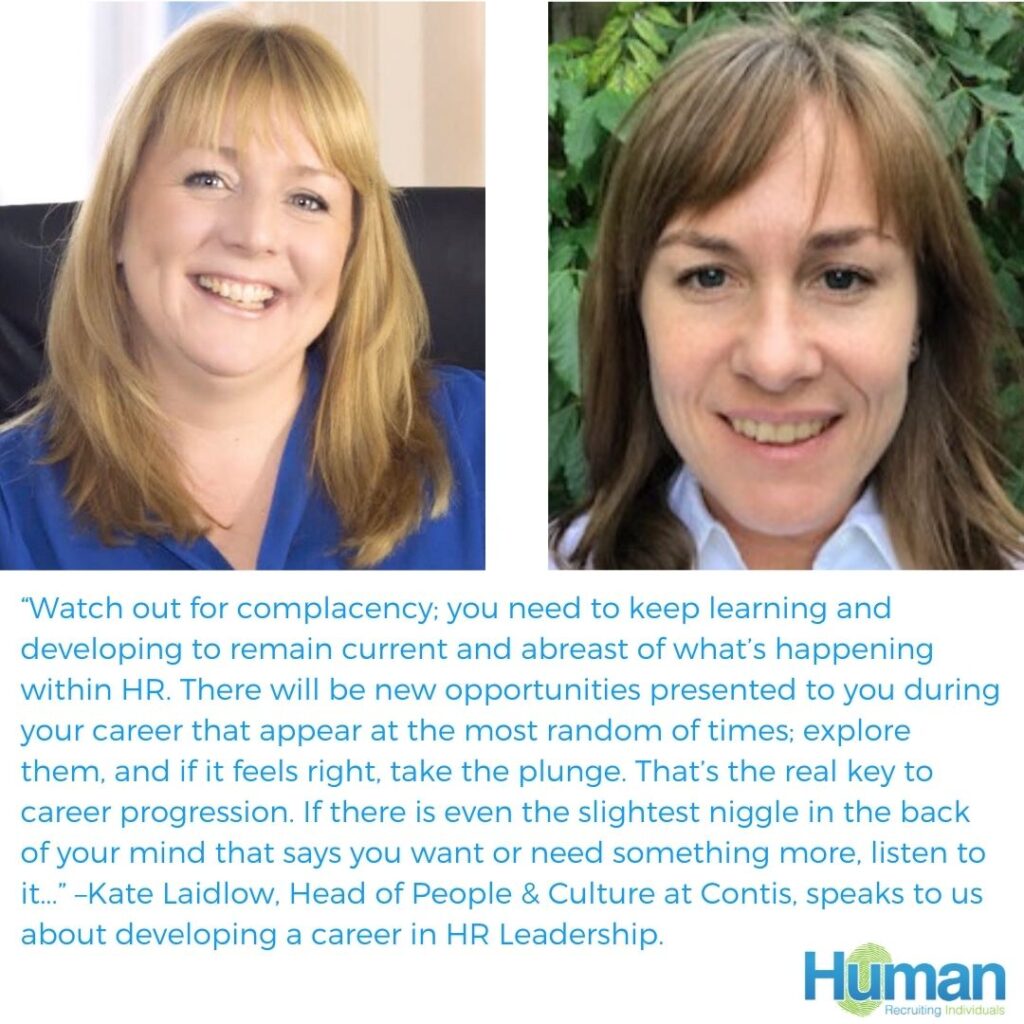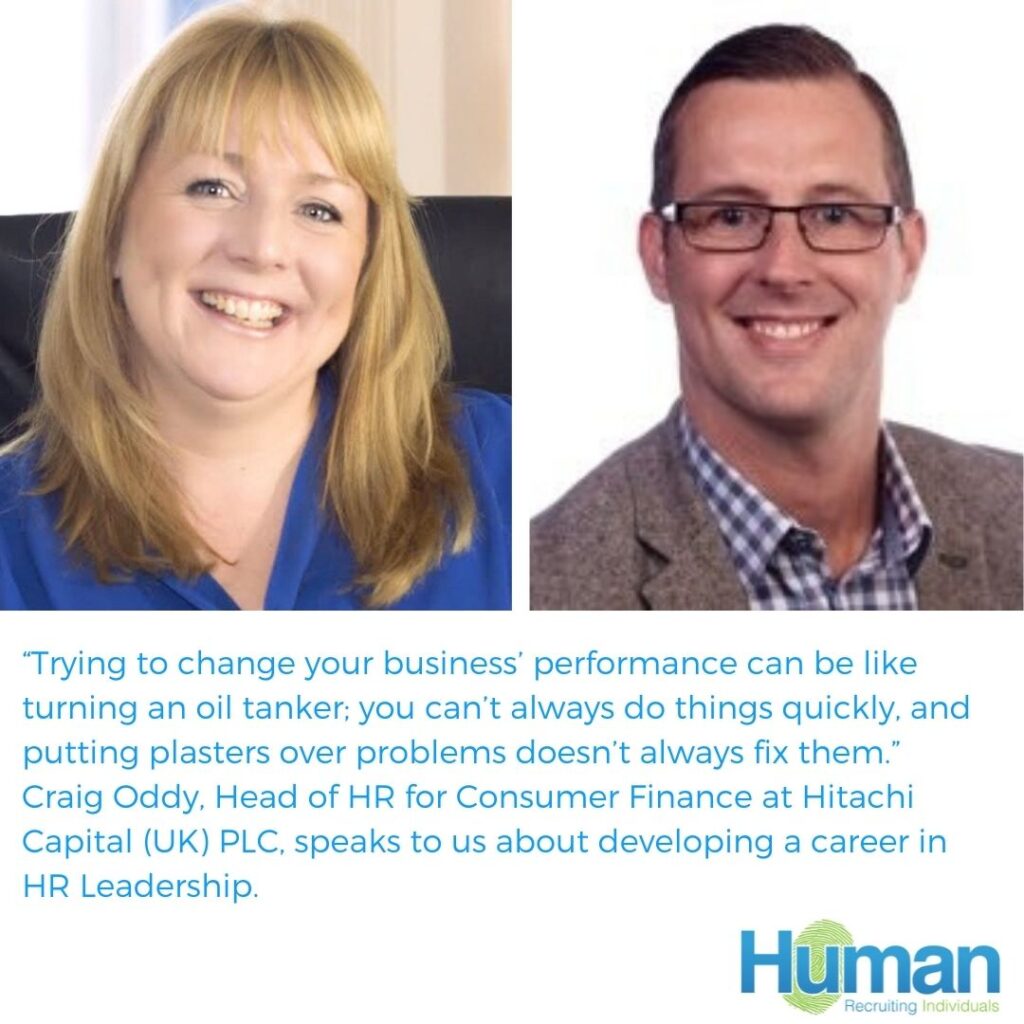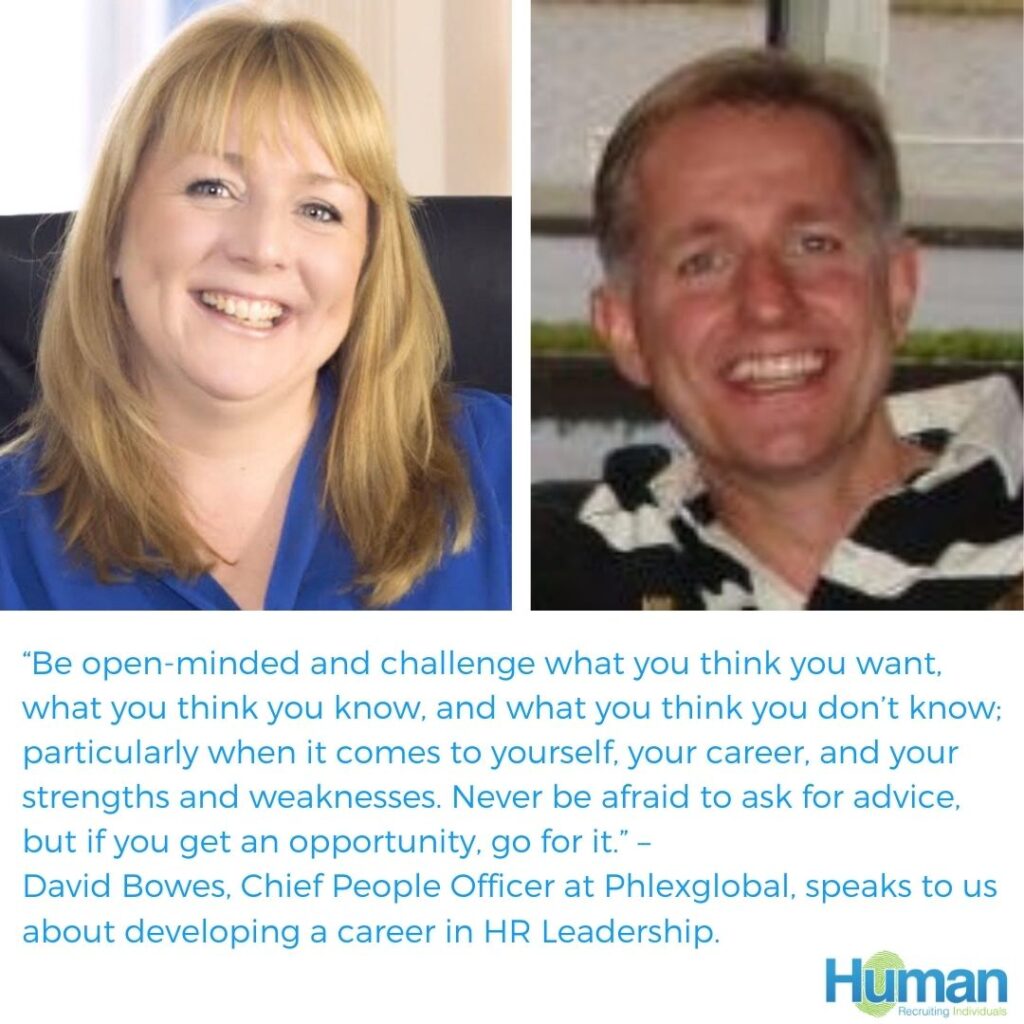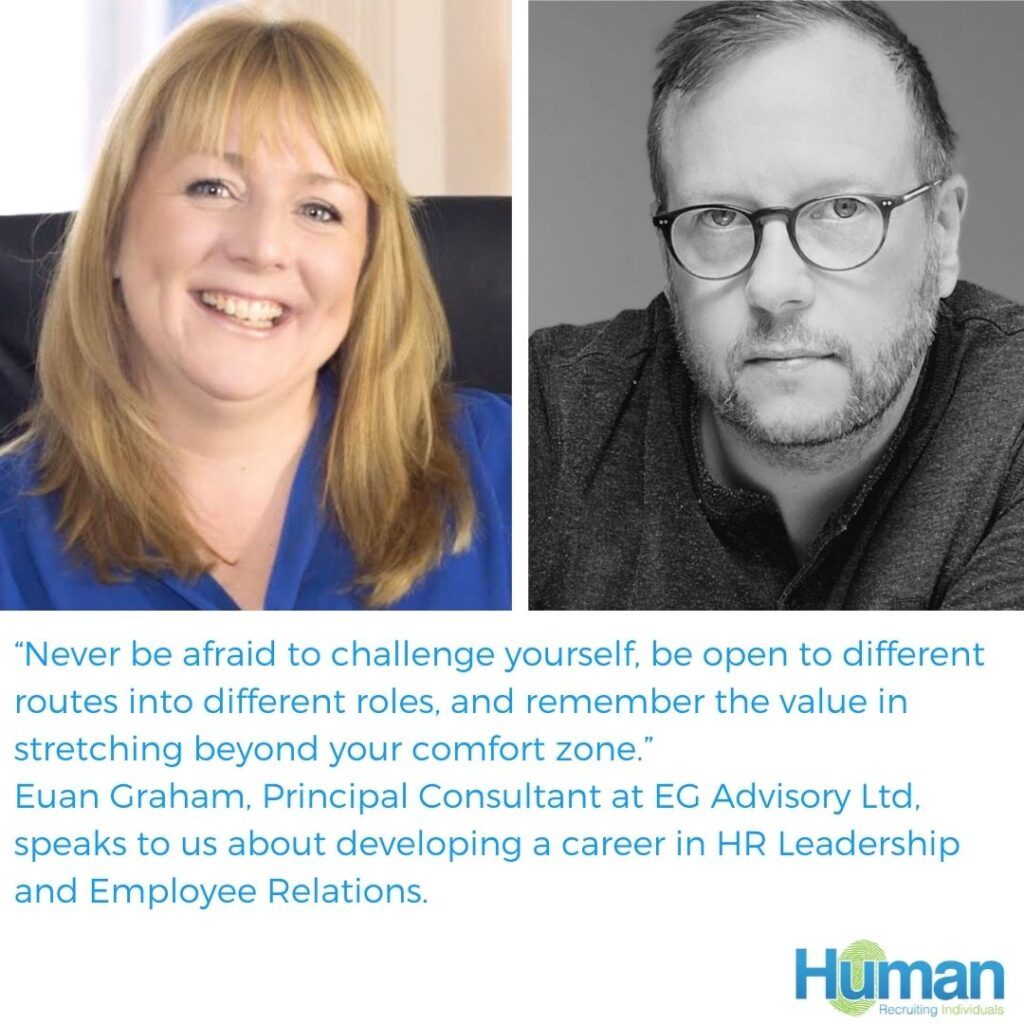“Watch out for complacency; you need to keep learning and developing to remain current and abreast of what’s happening within HR. There will be new opportunities presented to you during your career that appear at the most random of times; explore them, and if it feels right, take the plunge. That’s the real key to career progression. If there is even the slightest niggle in the back of your mind that says you want or need something more, listen to it…” –Kate Laidlow, Head of People & Culture at Contis, speaks to us about developing a career in HR Leadership. As part of our commitment to supporting candidates to develop fulfilling careers, we’ve invited some HR Leaders to share the secrets of their success. This week, we had a great conversation with Kate Laidlow at Contis, who started her HR career as National HR Advisor at Miss Selfridge before transitioning to the role of Regional HR Manager for the South of England at TOPSHOP TOPMAN, later ascending to the role of HR Manager for the London Oxford Circus branch. In March 2013, Kate took on the role of International HR Manager for the business, where she remained until joining the team at Coach as Head of HR for Retail in May 2015. In September 2016, Kate became HR Director for Corporate & Retail at Coach ahead of moving to her current role in October 2018. Can you tell us how you got into HR and why? I fell into HR by accident, actually. I finished university not really knowing what my career would be after that, so I went into administration roles while trying to figure things out. I was working for the Arcadia Group when an HR Assistant role needed to be covered temporarily ahead of recruiting after a relocation, and my boss at the time asked if I would step into the role. Initially, I was very hesitant about it, because at the time I thought that HR was just about dealing with other people’s problems. However, I realised after a while that I found the work really interesting and that was not the case. Every day was different; there were constantly new problems to solve creatively, and I liked that. I also really enjoyed seeing the difference I could make. I began to think that working in HR could be the career for me, but I wanted to do some more research to be sure, so I went to my local university and enrolled in a module on HR Management to explore what it would be like. Studying HR really piqued my interest; I could see how exciting it could be, so I decided to make a career out of it. I was really lucky in that my first proper HR job was within the Arcadia Group working with the HR professionals who had taken me under their wing in the beginning. It was an incredible opportunity to develop—I had the most amazing manager and mentor who threw me in at the deep end, but also trusted me, had confidence in me, and could see more in me than I could see in myself. In the Advisor position at Miss Selfridge, I began focusing heavily on Employee Relations across the country, so I learnt a great deal about case management, at high volume, and how to identify creative solutions to ER issues that were commercial, within the law, and appropriate for the situation. It was in this role that I completed my CIPD via distance learning; those 5am starts to study before work every day were tough, but they paid off when I qualified. I later took on a Regional HR Manager role at TOPSHOP TOPMAN within the Arcadia Group, looking after HR for stores across the South of England, working alongside a Regional Controller. After learning how to business partner a leader and influence key stakeholders, I gradually started to learn more about the business in general in order to be able to propose bespoke commercial HR solutions and understand strategic impact. Further to that role, I had the opportunity to take on the position of HR Manager for the business’ Oxford Circus flagship store. That was the most incredible experience. At the time, the number of people in the store could reach a thousand at its peak, so the HR issues that came up were incredibly varied. We also had what was almost a mini department made up of HR, Learning and Development, and Recruitment, so I started to learn how to become a Line Manager and run an HR Department. That taught me to adjust my HR leadership and problem solving, as I quickly found that one solution didn’t necessarily fit all the different units of the business. After a year in that role, I found that I needed more flexibility, as commuting 3 hours a day into central London wasn’t the best fit with my young family. Fortunately, the business was able to offer me the very flexible role of International HR Manager to support their international expansion across Europe. That role was an incredible learning curve for me, and a complete blank canvas. I was tasked with researching and advising the business on employment options across France, the Netherlands, and Germany, and by the time I left, we’d opened stores in all of those locations. I knew absolutely nothing about HR outside the UK and Ireland coming into the role, so I went on courses, networked heavily with other people doing similar roles, joined round tables, and did lots of research to build my knowledge. With it, I was able to support senior stakeholders to make decisions at a board level about opening stores and employing in new locations. It was a really exciting role, and a great project to get involved in from an HR standpoint. After a couple of years of doing that, I was ready to move onto my next leadership position, but the kind of role


